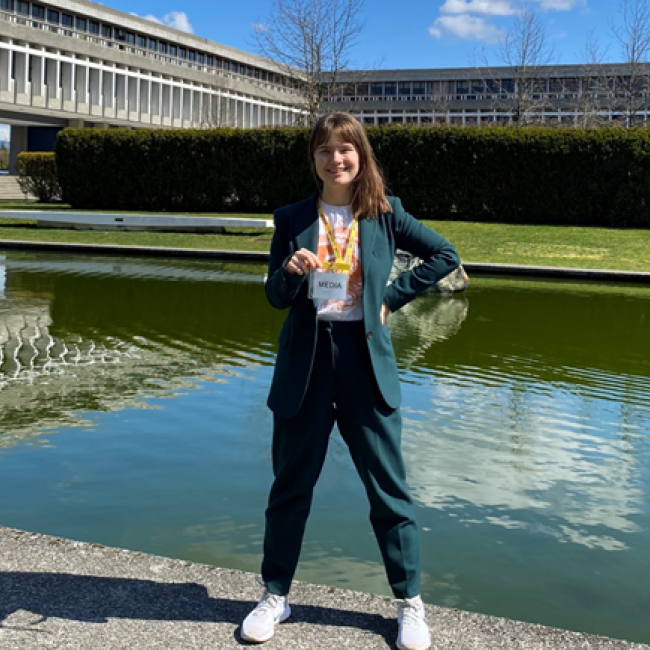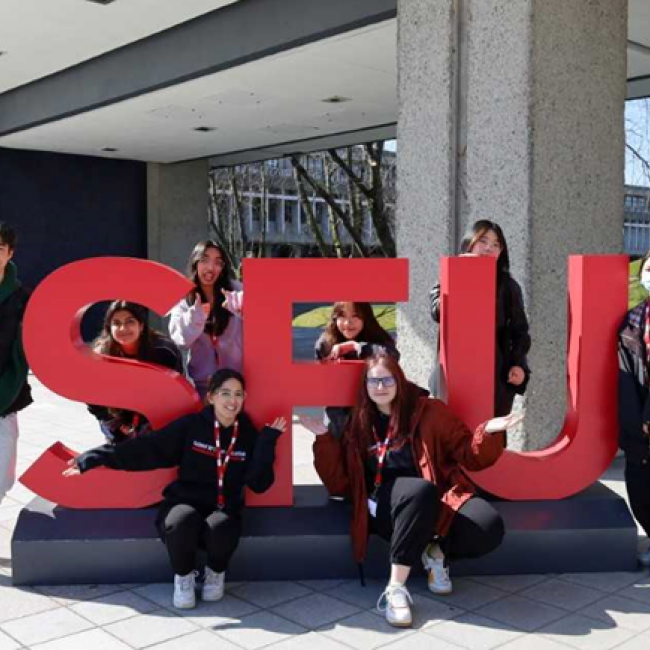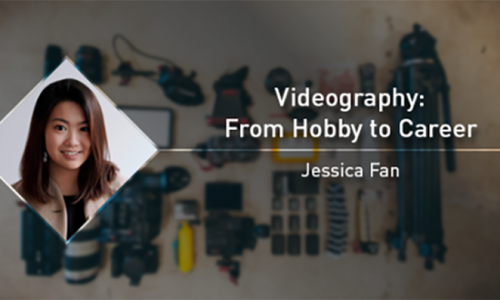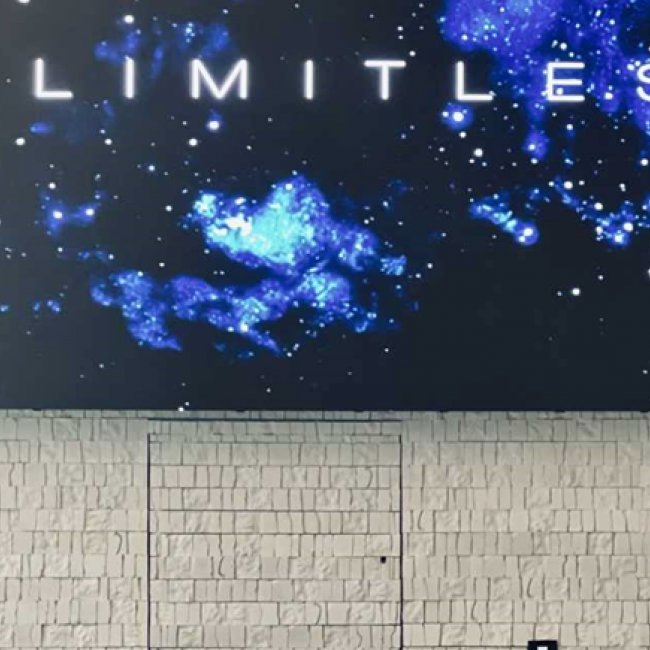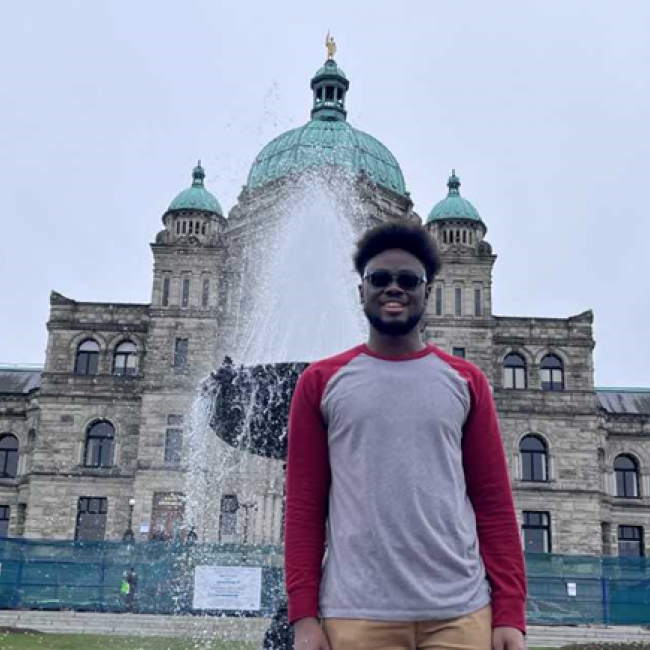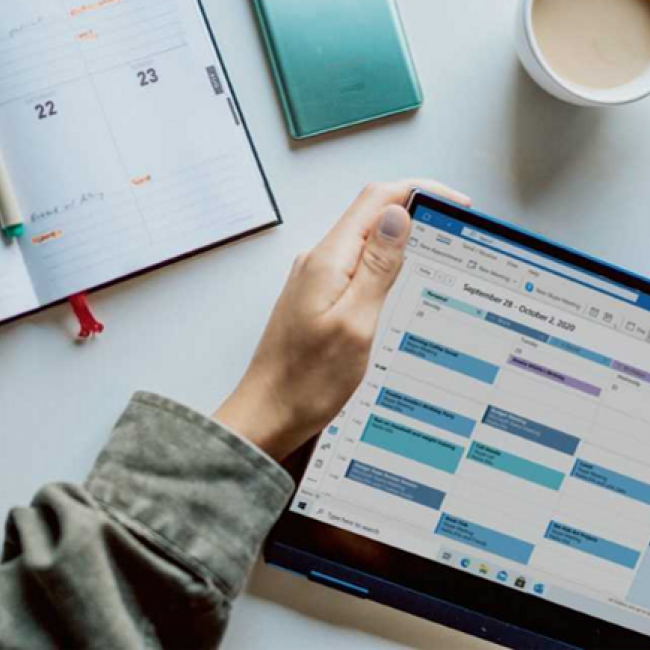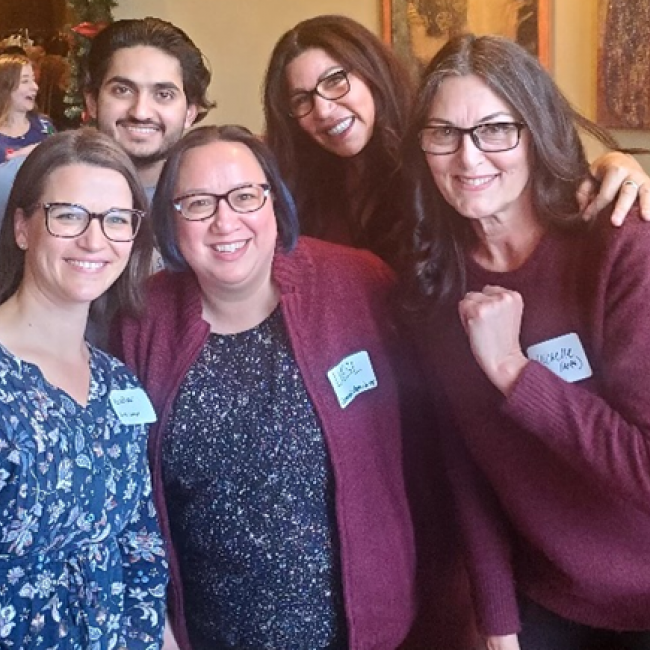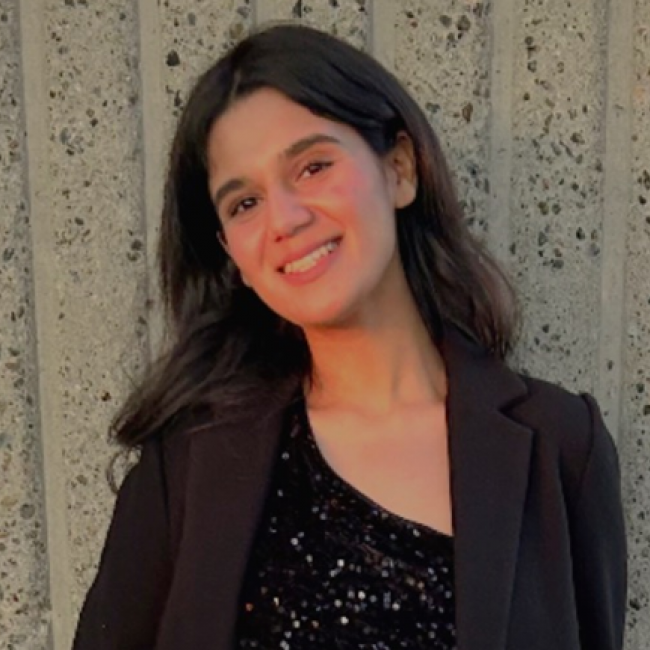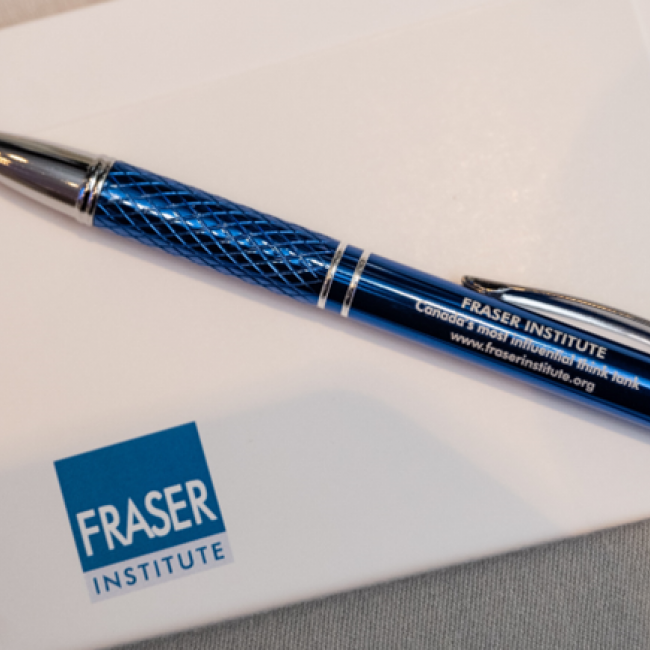What do you think set you apart from other candidates when applying for this position?
I attended an information session about this job and knew I would need to be very creative in order to stand out in my application. I spent most of my reading week putting it together and ensuring it was perfect. I created a theme for the application, perfected my resume and design skills, and wrote and re-wrote many of the components of the application. I was also required to create a creative piece, this was the easy part, but also the best way for me to showcase my personality and aim to set myself apart from other candidates. I love editing and creating sounds and as I had travelled across Europe the year before, I had collected sounds from every place I had travelled. I ended up creating a story using those sounds with my narration and to this day, I am happy that I was able to create that piece.
I also had a lot of journalism experience before applying for this application. While I was on exchange at the University of Leeds, I volunteered for the radio society at the university and I also applied and received 3-weeks work experience with the BBC World Service in London. As soon as I returned to Vancouver, I applied for a position with The Peak to ensure that I would be well rounded when applying for journalism positions. I can’t say whether or not these experiences set me apart from other candidates, but ultimately I think my dedication to constantly updating my skills and trying new experiences definitely did.
Remember, if you apply for this, the team isn’t looking for someone who is headed on the path of journalism, you could be a marine biologist or geographer, and still get this position. The team is looking for someone with dedication and knowledge in a particular field that could bring a new perspective to the CBC. I happened to be dedicated to telling stories, learning about new technology and media, all of which, were aspects I made sure to highlight in my application.
Was this your first co-op term? If not what other positions have you pursued?
No, this wasn’t my first co-op term. My first co-op wasn’t actually an official co-op (although, I believe it has been made into one now). I worked for SFU Residence and Housing as a Communications Assistant part-time for a year. This was a great way to get started learning about social media promotion and improving my graphic design skills.
At the end of my second year, I applied for a co-op position with the External Relations Office at SFU. I worked as a Research and Communications Assistant for SFU’s 50th Anniversary project. In this position, I learned much more about digital strategy and content promotion. It was such an interesting experience to learn more about how SFU markets itself and the work that goes into it.
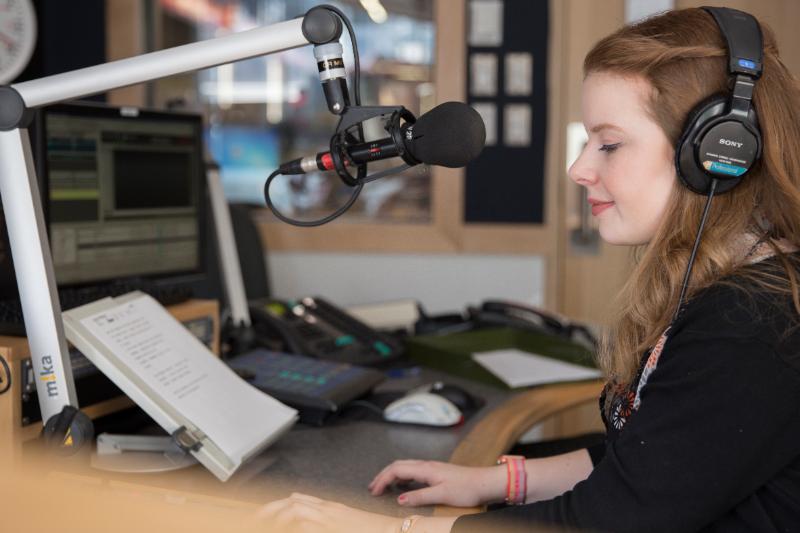
You’ve written extensively for the Peak. How did this experience prepare you for the work you did with CBC?
I was News Editor for the Peak, which was a great experience to get my feet wet within print and online journalism. As an editor, it was my role to find new stories for the paper as well as edit and write for the news section. This experience most definitely helped me at the CBC, as a huge part of my job was finding daily news and current affairs stories for the radio. My work at the Peak gave me a greater understanding of the news in BC, which was extremely important and helpful when I got started at the CBC.
How have you found transitioning to radio from print journalism?
Print and radio journalism are very different, but the transition was smooth for me. I love writing and a conversational tone seems to come more naturally for me. There are also many “treatments” of various segments that can be done for radio such as cutting interviews from out in the field, going out into the city and asking the general public for their opinion on a topic, or “talk-tapes” which consists of acting as a reporter and collecting various clips from experts on different topics and presenting them to the host.
I had the opportunity to do all of these treatments while I worked at the CBC. I hope one day to be a reporter or host on TV or radio so it was important for me to practice getting my voice on air and sounding natural.
What have been the most challenging and rewarding aspects of your internship at CBC?
The most challenging aspect of the internship was most definitely writing daily scripts, which is most of your job as an Associate Producer for radio. While you might think it’s easy to write a short intro and a few questions for the host, there is an art to it. It takes practice to become well versed in writing scripts on many different topics. I think writing scripts for the more serious news stories was most challenging, but also very rewarding to complete.
During my first week working for On the Coast, news broke that the BC NDP and Green Party would be working together to form a minority government. It was a crazy day in the newsroom and everyone was all hands on deck writing scripts and booking guests, and I was certainly thrown into it. I loved the adrenaline that comes from these breaking news moments, and it was a chance for me to learn to write quickly and efficiently.
One other aspect of the position which was extremely rewarding was being able to interview so many interesting individuals in Vancouver. I completed a radio mix where I spoke with legendary rock and roll photographer Bob Gruen at his exhibition at the Pendulum Gallery in Vancouver. It was a story that I had pitched and I was able to create a 5-minute mix that was played on air.
At the end of your internship, you will have the opportunity to plan an hour-long podcast on a subject you’re passionate about, alongside your fellow Gzowski interns. Have you decided on a topic? What has the planning process been like?
At the beginning of the internship I spent my first week in Toronto taking a radio skills training course with the three other Gzowski interns. From that first week, we start thinking about the podcast we would create at the end of August.
We checked in with each other every two to three weeks to discuss different ideas for the podcast and how we would create it. In the end, we ended up combining a few ideas to create a podcast called “Beyond the Labels”.
The idea was based on our observation of how society assigns labels to everyone we meet every day, sometimes we don’t even realize we are doing it. We wanted to showcase four stories about various individuals who defy their labels and any assumptions that we make in society. I was exploring the label of millennials. I interviewed an SFU student, in fact, about his relationship with the label and how his work defies the assumptions that can come with this generation.
When we returned at the end of August to complete the podcast, we each cut our interviews into 3-6 minute pieces creating a sound and feel for each person we interviewed. We assigned ourselves roles, including, producer, editor, sound mixer and host/writer. I was able to take on the role of host and writer. It was an amazing experience to sit in the CBC Toronto studios and record the narration for our podcast. We were all really happy with the final product.
Do you have advice for other students interested in pursuing a career in journalism?
Whether you are a communications student or neurobiology student, the media needs people like you! Having expertise in an area other than just journalism is imperative to improving journalism standards and perspectives. As both a communications and sociology student, I will always try to integrate my knowledge on these topics in order to bring something new to the table within my work.
If you are thinking about becoming a journalist, I would say:
-
First, READ READ READ! Educate yourself on all things news and current affairs. Find your favourite authors, newspapers, or columnists and ask yourself, why do I like this
-
Secondly, LISTEN! Download podcasts for your morning commute and listen to the radio, and again critique why you liked a particular interview or podcast.
-
Third, INQUIRE, I have found so many great stories from chatting with friends to reading about some strange topic I’ve found online. If you care about a particular story, it is likely someone else will.
-
Fourth, WRITE, it goes without saying, but your writing and editing skills are something that can make or break you in the world of journalism so it’s best to be always improving and asking for feedback.
-
And fifth, GET INSPIRED. I sound cheesy at this point but look for new ways of presenting stories. I am always observing new ways to present news in a “non-click-bait” but “still I want to read about this” way. Having those ideas really sets you apart from others.
What’s next for you?
The million-dollar question! I am currently a casual at the CBC in Vancouver, so I will be working on improving my skills as an associate producer over the next year. I am going to take a lot of my own advice given in the question above, and remain informed and knowledgeable and we will see where that takes me. Ultimately, I want to become a reporter and eventually a host for TV or radio.
Beyond the Blog
-
Visit the Communications Co-op homepage to learn about opportunities like Ashley's.
-
As News Editor at the Peak, Ashely wrote extensively on local and national political issues, as well as about events and happenings at SFU. Check out her work, here.










